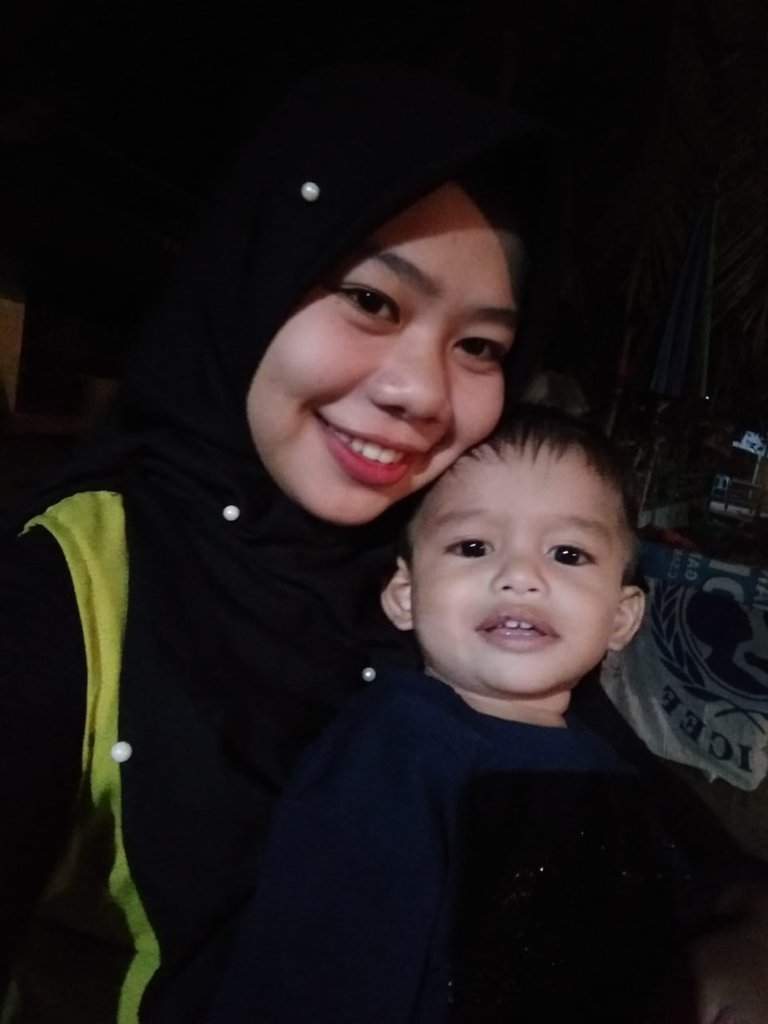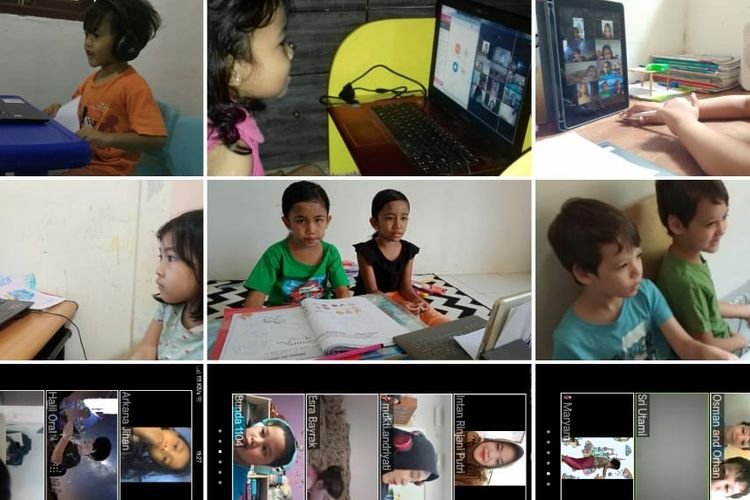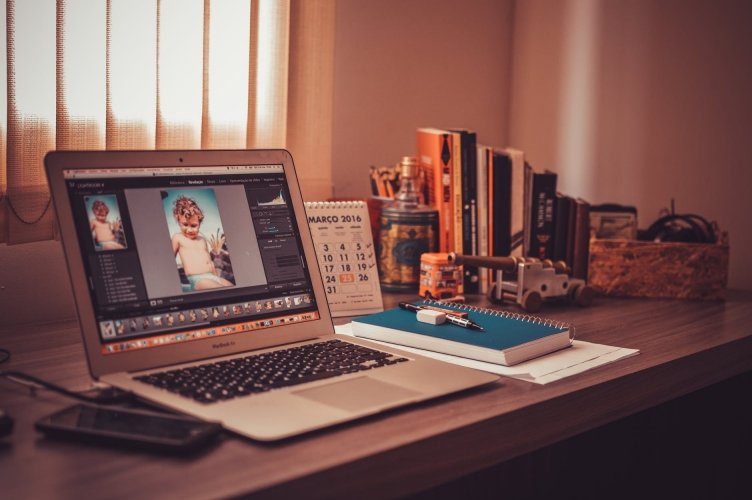When such a pandemic occurs, regulations for independent isolation emerge by not leaving the house, except in urgent conditions, in order to break the distribution of the corona COVID-19, the public is forming different routines with limited space and minimal mobility. In some community members who used to work in the public sector, boredom also arose because they had to move and do work at home during the corona pandemic COVID-19. However, in the lower classes who have to struggle to earn their daily living, the condition of this pandemic is not too different from the pre-pandemic period. The corona virus pandemic in Indonesia has an impact not only on public health, but also on lifestyle due to various policies that apply to Covid-19 snacks.


The most striking change can be seen from the way people live social life and move the wheels of the economy. Now people rely more on digital technology to continue to be able to live social and economic life in the midst of physical distancing policies and PSBB (Large-Scale Social Limitation). The lifestyle of urbanites, along with the development of technology, makes them busy with their own activities, so that social life in cyberspace is considered more interesting than in the real world. However, in this survey the results obtained were the opposite, nearly half of respondents both men and women, young and old felt their social life was disrupted because they could not get together with family and friends, because they had to keep their distance (physical distancing) and followed the advice to #stayathome
I Love❤#HIVE
follow and like;
Share your post on Twitter and promote #HIVE
https://mobile.twitter.com/Wira85793333
Thanks for visiting and interesting comments
Lhokseumawe, Mei/9/2020
@wira8788 By;

